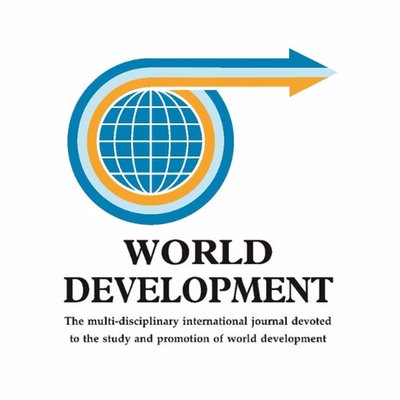Environmental urgency versus the allure of RCT empiricism
Environmental impact mitigation and conservation projects have also come under the ambit of Randomized Control Trials (RCTs) usage by economists to ascertain the efficacy of specific interventions. However, there are several concerns about the usage of this technique for environmental decision-making which go beyond the usual methodological critiques raised within economic discourse. Environmental planning has established methods of gauging behavioral effectiveness through deliberative processes and collective policy design such as participatory GIS and charrettes. Given the expediency of environmental action when dealing with ecological degradation as well as a normative need to infuse learning about natural resource scarcity and quality, such deliberative methods are far more cost-effective and help to build community relationships and social capital as well. RCT application in environmental policy thus deserves more critical appraisal and should be applied in concert with deliberative planning techniques.
Language: English
Publisher: Elsevier
Region: Global
Type: Article
CITATION
Ali, Saleem H. (2020). Environmental urgency versus the allure of RCT empiricism. World Development 127 104844 104844.

